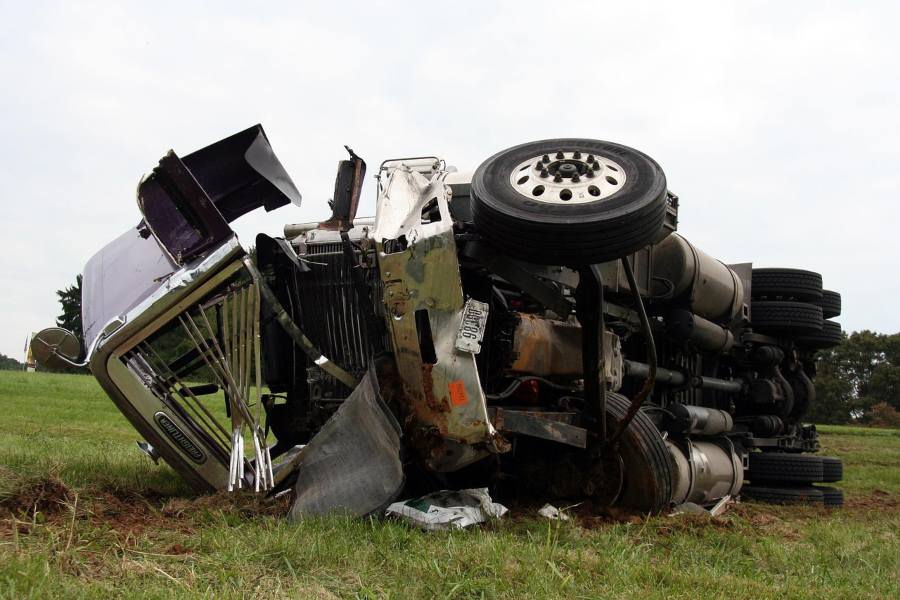When a truck accident occurs in Colorado, identifying all liable parties can be complex. Being commercial and big in size, several people and entities can be held responsible when a truck accident happens. Determining fault helps in assigning blame and ensuring victims are compensated.
Truck Driver Liability
Truck drivers themselves are often primary defendants. Common forms of driver negligence include fatigue, speeding, driving under the influence, and distractions. Violations of Federal Hours‑of‑Service rules can constitute strong evidence in court, especially when accompanied by logbook tampering. Drivers also have a legal duty to conduct thorough pre-trip inspections; failing to identify mechanical defects or malfunctions can establish a separate basis of liability.
Trucking Company or Employer Liability
Trucking companies and employers may bear responsibility under the doctrine of vicarious liability, meaning companies can be held legally accountable for negligent actions of their employee-drivers. In addition, companies face direct liability for actions such as hiring under-qualified personnel, failing to provide proper training, encouraging unsafe schedules, and neglecting vehicle maintenance. Pressure to bypass FMCSA regulations is one frequent concern. Usually, litigation is the best course of action to determine systemic issues.
Truck Owner or Leasing Company Liability
When trucks are leased, there is a possibility that liability can be imposed on the registered owner or the leasing company in addition to the employer of the driver. In cases where the insurance or liability coverage is based on the registered owner, we can blame this party. Their failure to provide the safety of the vehicle or letting unqualified drivers use it can be considered negligence.
Cargo Loading Parties
Liability may also lie with cargo loaders, freight brokers, or third-party shippers responsible for securing and balancing loads. Improper load distribution can cause rollovers or shifting cargo; events that directly jeopardize driving stability and safety.
Maintenance Providers and Parts Manufacturers
When maintenance and repair services are careless in aspects such as conducting poor check-ups or not fixing mechanical issues, they can be held liable. Meanwhile, parts manufacturers can be subject to product liability in case the accident was caused (or contributed) by defective parts like tires, brakes, or steering mechanisms. Electronic logging device (ELD) and “black box” data can be especially important in demonstrating that mechanical defect was the causal factor.
Other Drivers and Government Entities
Other drivers might also be at fault in case their negligent behaviour, such as sudden lane changes or sudden stops, had a role in the accident. The government can also be held liable in case the accident occurred due to bad road design, insufficient signage, or maintenance failure. Claims against state or local entities are subject to the Colorado Governmental Immunity Act (CGIA). It imposes notice requirements, dollar caps, and limitations on actionable claims.
Colorado’s Comparative Negligence and Multiple Defendants
Colorado has a modified comparative negligence system which permits the allocation of fault among several parties. Since commercial crashes often involve shared fault, early consultation with a Colorado truck accident lawyer is strongly recommended. A legal professional can ensure your rights after a car crash are protected, preserve critical evidence, and correctly allocate fault. Plus they can also assist in accessing all available insurance resources.
Endnote
Identifying all responsible parties after a truck accident in Colorado is essential to pursue maximum compensation. Driver or any other entity, every link in the chain must be examined. Everything considered, consulting an experienced Colorado truck accident attorney early on can strengthen a claim and improve recovery outcomes.


